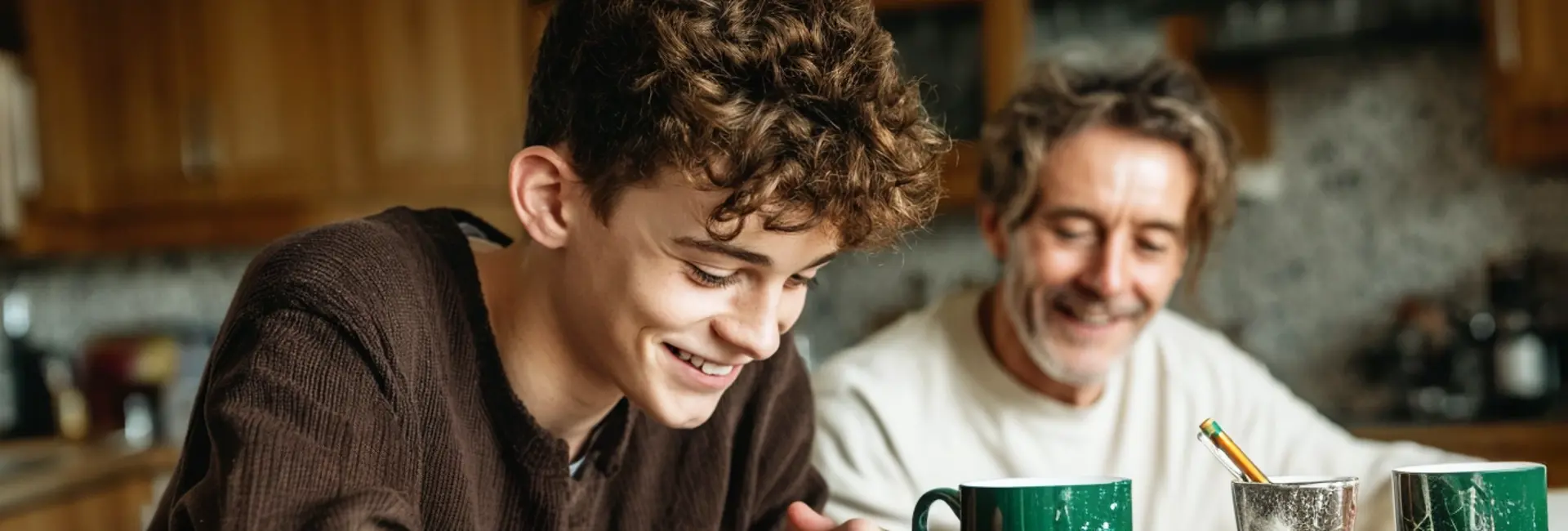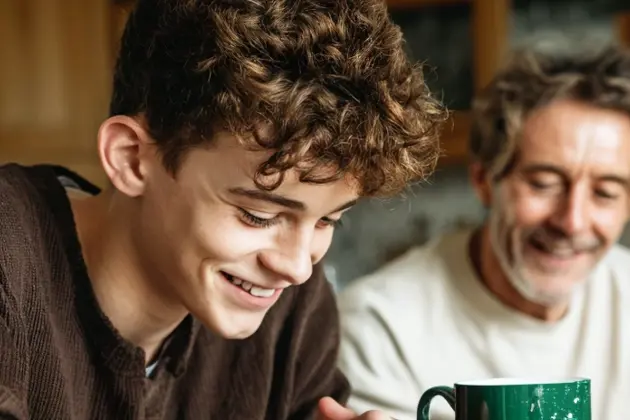Education
Helping Children Thrive in School: How Care Visions Supports Education Through Trauma-Informed Practice

At Care Visions, we know that for many children who’ve experienced trauma, traditional approaches to education don’t always work.
Under the compassionate leadership of Elaine McIntosh, Senior Manager of Education Services, and our Integrated Therapeutic Services, Team, we offer something different - bespoke, trauma-sensitive support for young people in care, their carers, and their schools.
Elaine brings over 30 years of experience in Additional Support Needs (ASN) education and was previously a headteacher in a school for children with complex needs.
Now, working closely with colleagues across Care Visions, she focuses on children whose emotional, psychological and social difficulties create barriers to learning.
“Our young people often feel unsafe in school environments that don’t understand their distress,” says Elaine. “Their behaviour can look oppositional, but it’s really a cry for help. I help schools see the child behind the behaviour.”
Elaine offers direct support following referrals from Care Visions staff or foster carers. She starts by listening—having informal conversations with carers, social workers and schools to understand the child’s experience. No formal meeting is needed to begin. From there, she builds trusting relationships with teaching staff and delivers tailored training on how trauma affects brain development, behaviour and learning.
The core of her work is a three-part training programme designed to help schools create emotionally safe classrooms.
Schools are guided through observation, reflection, and practical strategy development, always focused on each individual child. Topics include how to spot early signs of distress, break learning into manageable chunks, adjust classroom layout to minimise triggers, and support children in recognising and managing their emotions.
“This isn’t one-size-fits-all training,” Elaine explains. “Every child is different. Some can’t sit with their back to the door because of past trauma. Others need visual schedules or sensory adjustments to stay regulated. The goal is to make them feel seen, heard, and safe.”
Feedback from schools across Scotland has been overwhelmingly positive. One teacher called it “the best training input I’ve been on” Others say it has helped reduce exclusions, improve engagement, and build stronger relationships between staff and children.
“It’s not about punishment - it’s about connection,” Elaine says. “If a child feels emotionally safe, they will learn. And when teachers feel supported, schools become more compassionate places.”
Through Care Visions’ education service, Elaine helps children move from distress to success - emotionally, socially, and academically.